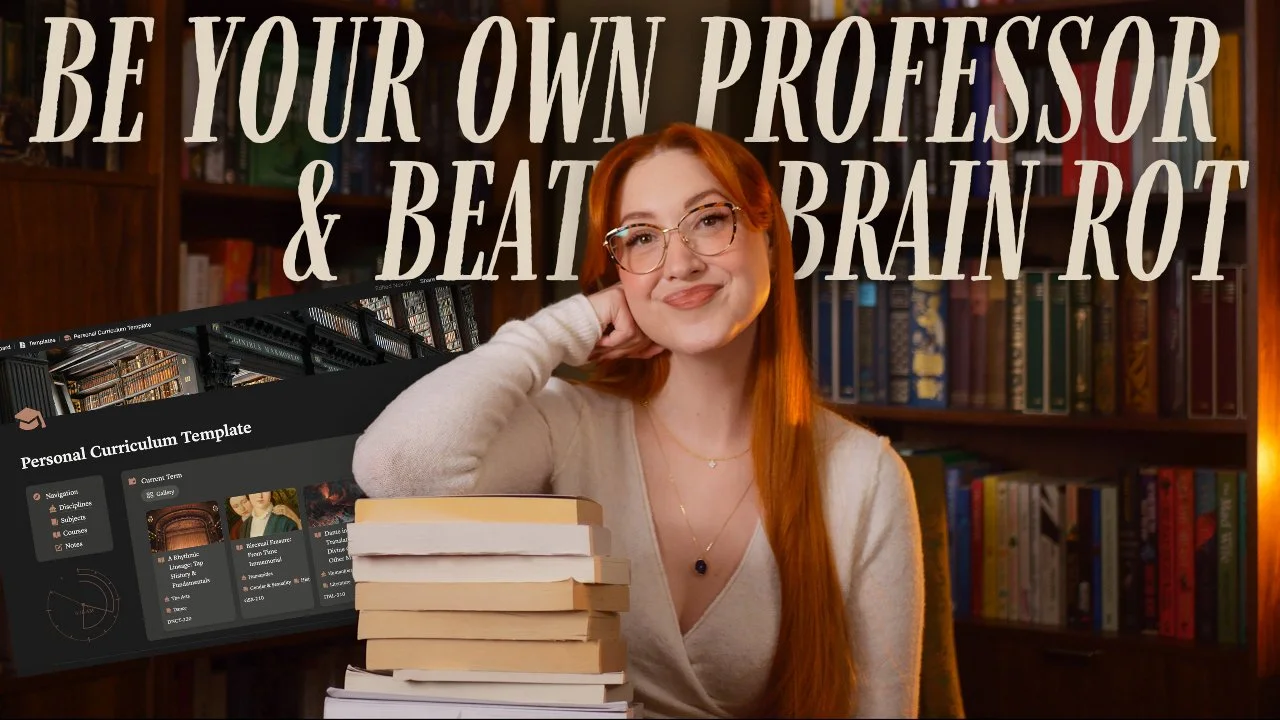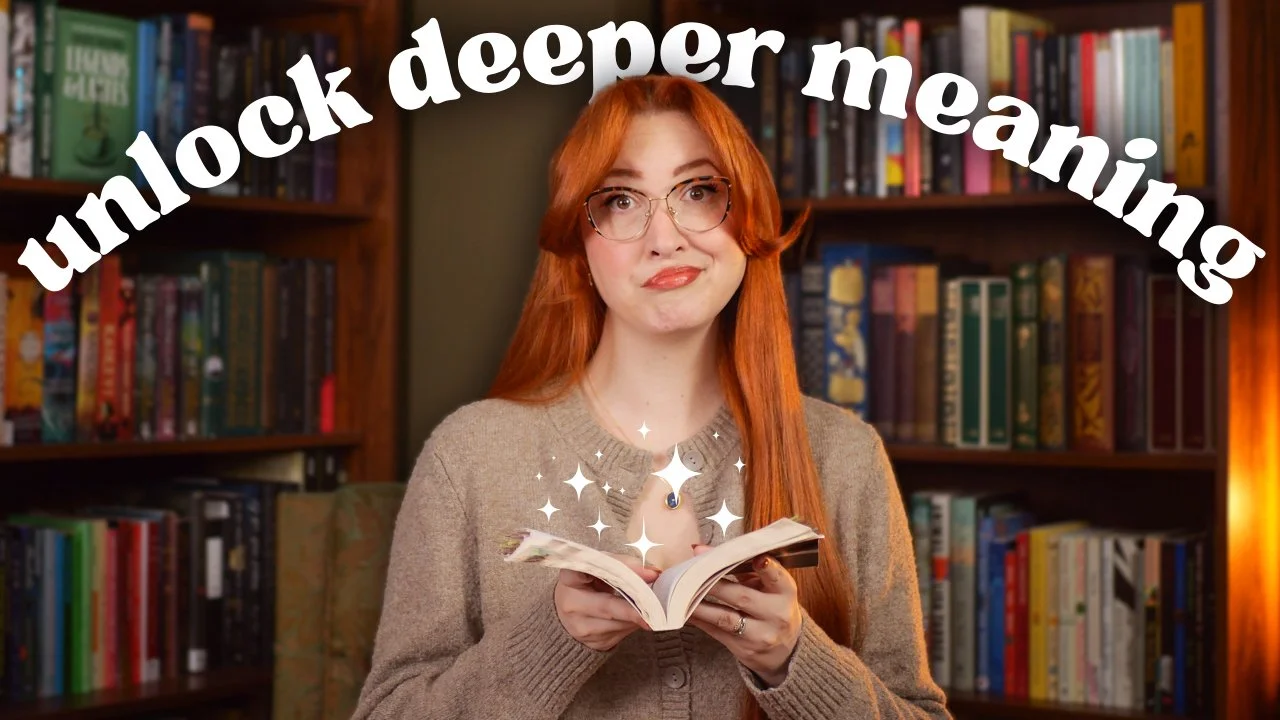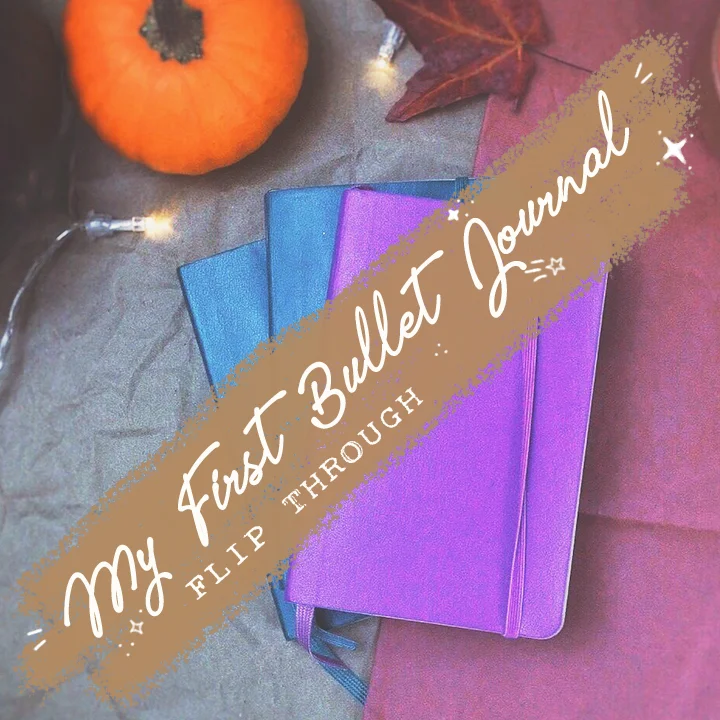Vegan FAQs
With the holidays solidly here, I found myself thinking about the post I wrote last year at this time about Surviving the Holidays As A Vegan. Going into my fourth holiday season as a vegan has me feeling pretty confident. I know my stuff, and that makes handling the holidays MUCH easier. Despite that, I still get stressed out this time of year. All of a sudden, maybe it's the cold weather or the excess of Christmas, fur and wool and whole tables covered in meat become the norm. It's hard to witness, I'm not going to lie. I thought about what I could do this year to be the most help for those of you who are new to veganism in handling the holidays, and covering frequently asked questions felt like a really good place to start.
So let's do it! Here are a bunch of frequently asked questions and brief (yet hopefully complete) answers to them!
HEALTH/NUTRITION QUESTIONS
Is a vegan diet healthy? Not necessarily, just like a non-vegan diet isn't necessarily healthy. You can be a vegan and only eat junk food and candy. However, a plant-based diet with a focus on whole foods definitely is healthy. It lowers your risk of cancer by 30-50%, lowers your risk of cardiovascular disease and diabetes, and reduces your likelihood of being overweight, among other positive health benefits. (Learn more here)
Is a vegan diet healthy for kids/elderly/pregnant women? Yes! This has been confirmed once again by the Academy of Nutrition and Dietetics in the December issue of their medical journal. (Learn more here)
Where do you get your protein? From plants. All plant foods contain protein, even fruit like apples and oranges. High-protein plant foods include beans, tofu, nuts, seeds, grains, green peas, artichokes, and oatmeal, among many others. (Learn more here)
How do you get enough protein without meat, dairy and eggs? Humans need far fewer grams of protein than we think. Protein deficiency simply doesn't happen in humans eating sufficient calories and isn't a true concern. Adult men need on average 56g of protein a day, and adult women need on average 46g. This can be achieved very easily with plant foods. (Learn more here)
What do you eat? Delicious, healthy, filling food that didn't involve killing anybody - every day. I eat oatmeal, smoothies, fruit, salads, stir fries, lasagna, shepherd's pie, roasts, french fries, cookies, and just about anything else you could think of. (See a day of what I eat here or check out the vegan food pyramid here)
Do you miss meat/cheese/milk/etc.? No. It took time to break the habit of craving certain types of food, but my taste buds changed. Plus, if I ever did feel like having cheese, there's vegan cheese galore! (See my video on this topic here or read my blog post on the subject here)
Where do you get your calcium? According to the Harvard School of Public Health, milk is not the only or even best source of calcium. You can easily meet your calcium needs by eating plants such as broccoli, dark leafy greens, and edamame. (Learn more here)
Where do you get your omega-3s if you don't eat fish? I get my omega-3 fatty acids from the same place fish do - algae!
How do you get B12? The soil's nutrient content has been eroded, leaving us with far less B12 in the soil than there once was. I take a B12 supplement from time to time, and that has been sufficient to keep my B12 levels in a healthy range. In fact, doctors have pointed out that B12 deficiency is a risk for everyone, not just vegans or vegetarians. (Learn more here)
What about iron? There are many high-iron plant foods such as legumes, brown rice, quinoa, spirulina, and blackstrap molasses. If you make sure you get high-iron foods regularly, iron deficiency won't be a problem for you. If you tend towards anaemia or have trouble absorbing iron, you may want to ensure to take in high-iron foods daily along with complimentary foods that aid absorption or take a daily iron supplement. (Learn more here)
PHYSIOLOGICAL QUESTIONS
Aren't humans omnivores? Actually, no. All of the physiological clues point to humans being herbivores. The length of our small intestines, our teeth, our jaw movement, our digestion time - everything aligns with other herbivores such as chimpanzees. In other words, you are not a lion. And you're not a carnivore. You don't chase down your victim and catch it in your teeth. You don't rip into their living flesh and start eating them raw. You don't eat every piece, every organ, of their body without discrimination. You are not meant to eat meat.
ENVIRONMENTAL QUESTIONS
Doesn't it take more land to feed vegans than omnivores? Actually, no. It takes 18x more land to feed an omnivore than it takes to feed a vegan for a year. If everyone went vegan, we'd actually use less land than we currently do! (Learn more here)
Wouldn't animals take over the world if we stopped eating them? No. The inflated numbers of animals raised for livestock are representative of the demand for their flesh and fluids. Without an industry offering financial gain to those who breed them, we would end up with far smaller populations of these animals.
MORALITY QUESTIONS
Why is killing and eating animals wrong? There isn't a clear-cut answer to this question. I believe it's wrong because they are sentient beings who can feel pain and suffer. For this reason, I believe harming them unnecessarily is the wrong thing to do. Since humans can easily live without animal products (and will, in fact, be healthier without them) the killing of animals on such a huge scale is completely unnecessary, and therefore morally wrong.
Why should I care about animals? Because they are sentient beings who can suffer. They deserve as much consideration as anyone else - including humans and animals we tend to protect like dogs and cats.
Do fish feel pain? Yes, they do.
Aren't animals dumb? No. Pigs are as intelligent as a 3-year-old human child, more intelligent than your dog.
What about humanely raised meat? It doesn't exist. Standard farming practices cause unnecessary suffering and the raising of animals for food is inherently cruel. The milk industry, for example, cannot exist without the artificial insemination of female cows, the separation of newborns from their mothers, and the slaughter of baby male calves who will never produce milk. There is nothing humane about it.
What about free-range eggs? Free-range is a term that is very loosely regulated. All it means is that the animals have to have access to the outdoors. It can be a tiny door that only allows 20 of 100,000 chickens outside to a fenced in area for 20 minutes, once a year.
Why don't you eat honey? Because bees make honey for themselves. They work tirelessly to produce it as food over the winter and as a way to build their home. Many bees are killed in the process of bee keeping. (Learn more here)
RELIGIOUS QUESTIONS
What about kosher? Kosher meat is still coming from an animal who had no autonomy to make their own decisions during their lives. They were still killed long before their natural life would end. Today's kosher meat often comes from the same factory farms as non-kosher meat and the animals experience the same abuses. Despite traditional practices considered 'more humane', even true kosher meat is still, in my opinion, morally wrong. (Learn more here)
Doesn't the bible tells us to eat meat? The bible doesn't require those who follow it to eat animal products. In fact in Eden, God's ideal, humans were meant to eat only the plant foods. There are many devout Christians and Jews who abstain from animal products, as they believe a vegan diet is best-aligned with their beliefs. (Learn more about Christian vegans here and Jewish vegans here)
OTHER QUESTIONS
What about the food chain/circle of life (it's natural)? The appeal to nature fallacy claims that eating meat is natural, so we should do it. But there are many natural occurrences that we have eschewed as morally wrong - such as rape and murder. We have completely removed ourselves from the food chain, and don't require animal foods to thrive. In fact, the consumption of these foods leads us to experience fatal lifestyle diseases such as cardiovascular disease and cancer. Cell phones aren't natural, but we use them. Nature has nothing to do with how we live our lives.
Don't vegans kill animals too? It is impossible to never harm another being. Yes, small animals are killed in the growing and harvesting of crops. But eating a vegan diet requires fewer crops to be grown, as we no longer have to grow food for livestock to eat. this means that we save the lives of the animals traditionally eaten such as cows, pigs, and chickens, but also that we save the lives of countless smaller animals that may have died in the process of growing food for those animals.
Can one person really make a difference? Yes. One person can save hundreds of lives by going vegan for a year. One person also has the ability to spread their knowledge to countless others who can also have a significant impact. Eventually, you get a movement of like-minded individuals who can truly change the world.
Why won't you eat what I made for you? I love you, and I would love to eat anything you made for me if it was animal product free. But I can't compromise my values no matter how much I love you and your cooking. I hope that being here and spending time together will be enough to show you how much I love and appreciate you!
Why don't you care more about people than you care about the animals? I don't discriminate against ANY living being, regardless of its species. That's why I'm vegan. I don't wish pain and suffering on any living thing, including humans. Did you know that if every person went vegan we'd have enough food to feed the entire human population?
Are you pro-life or pro-choice? I personally am pro-choice. I believe that the most important thing is the bodily autonomy of sentient beings.
Isn't it hard to go vegan? It can be. But it's worth it.
Did I miss any important questions? Leave them in the comments below and I'll add them in!
Don't forget about the free Vegan 101 brochure I created last year - it's a great companion to take along for the holidays! (go download vegan 101!)
Until next time,












